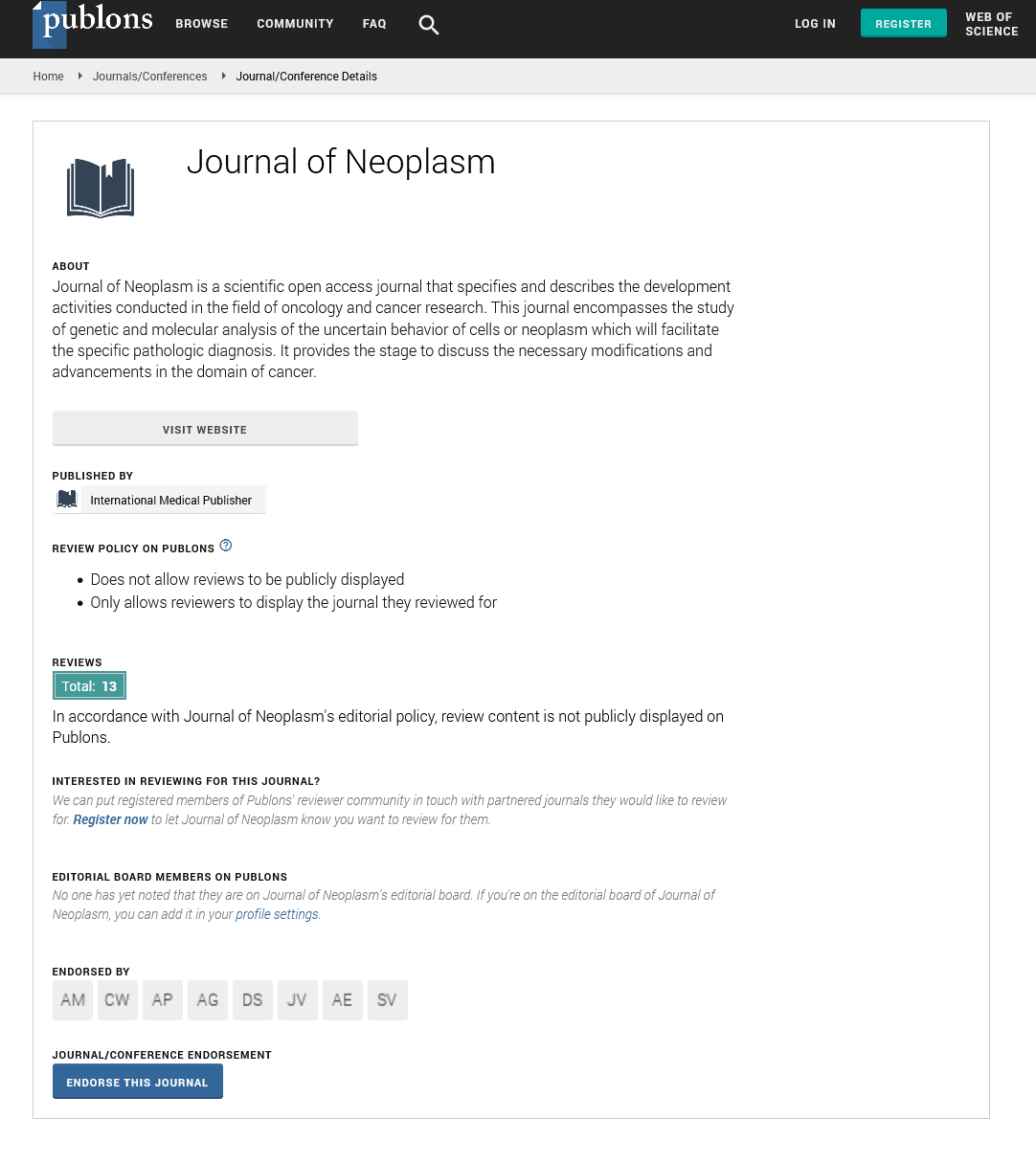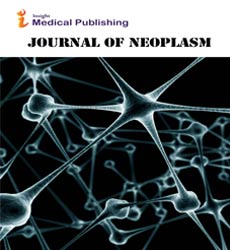Abstract
Probiotic Treatment as a Potential Therapeutic Intervention for Hepatocellular Carcinoma: A Literature Review
Traditionally, liver cancer has been treated by surgical procedures and medications that eliminate cancer cells. Despite having a high success rate, these treatments have limitations that can cause cancer recurrence or contribute to failed treatment outcomes. The gut microbiota can potentially play a significant role in the prevention, initiation and advancement of liver cancer. Recently, dysbiosis in the gut microbiota has been found to implicate several gastrointestinal diseases, such as Colorectal Cancer (CRC). The proposed probiotic therapy can restore this dysbiosis by introducing beneficial bacteria in the form of probiotics into the gut microbiome. These probiotic bacteria could produce beneficial Short-Chain Fatty Acids (SCFAs), induce anti-inflammatory effects and prevent the release of toxic substances from the gut into the hepatic portal circulation. The rationality of using probiotics is outlined through current treatment applications that have successfully treated cancer among other chronic diseases. This paper discusses the promising activity of novel bacterial strains that could be utilized as probiotics to improve beneficial gut microflora for liver cancer treatment. Lastly, the paper discusses the future prospects of probiotics and their application in other liver diseases.
Author(s): Rudra Patel*, Tanya Ghai, Ankush Sharma, Selina de Paiva, Kunjal Akolkar and Hawzegan Manokar
Abstract | Full-Text | PDF
Share this

Google scholar citation report
Citations : 144
Journal of Neoplasm received 144 citations as per google scholar report
Journal of Neoplasm peer review process verified at publons
Abstracted/Indexed in
- Google Scholar
- China National Knowledge Infrastructure (CNKI)
- Publons
- Secret Search Engine Labs
Open Access Journals
- Aquaculture & Veterinary Science
- Chemistry & Chemical Sciences
- Clinical Sciences
- Engineering
- General Science
- Genetics & Molecular Biology
- Health Care & Nursing
- Immunology & Microbiology
- Materials Science
- Mathematics & Physics
- Medical Sciences
- Neurology & Psychiatry
- Oncology & Cancer Science
- Pharmaceutical Sciences


